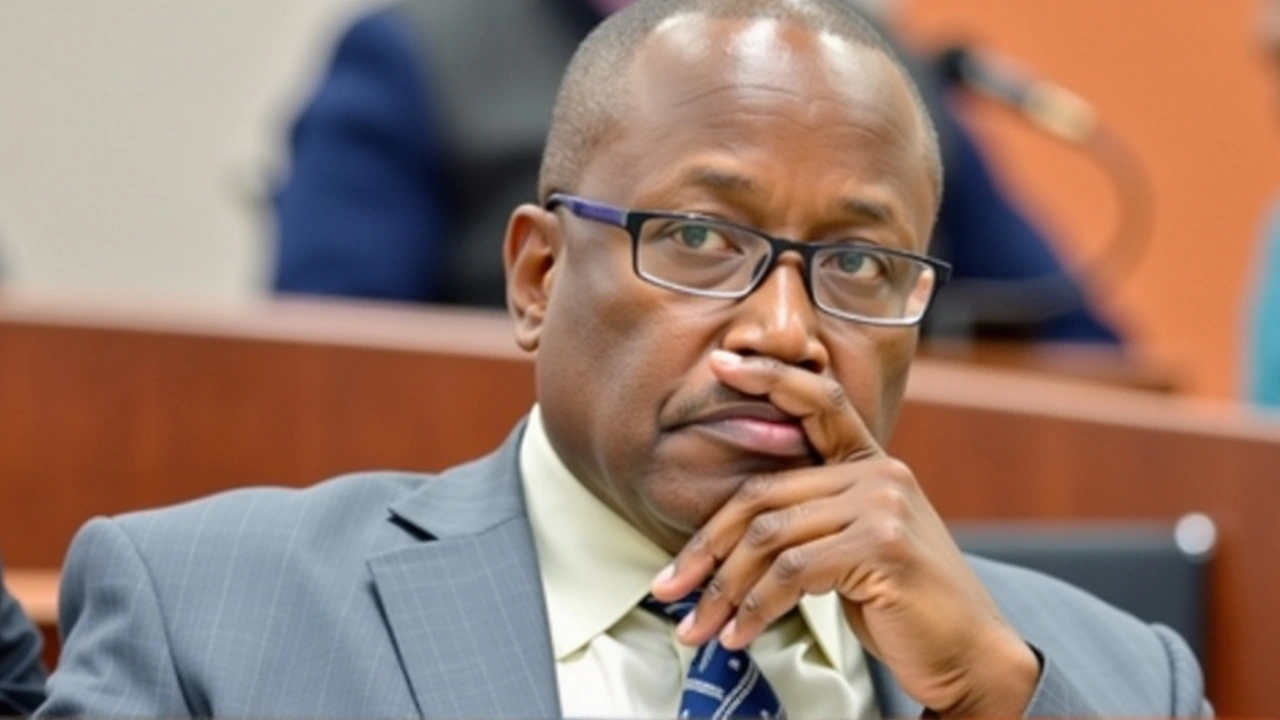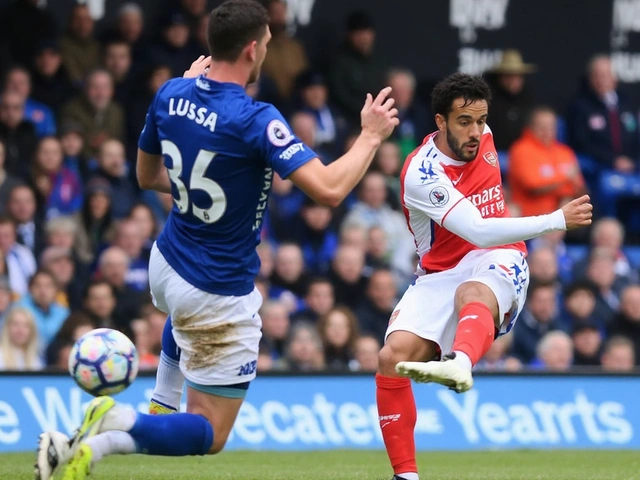Understanding Universal Health Coverage and Its Importance
Ever wondered what Universal Health Coverage (UHC) really means? It's all about making sure everyone, no matter where they live or how much they earn, has access to quality health services without facing financial hardship. This is crucial because health should never be a luxury.
UHC covers the full spectrum of essential health services—from prevention and treatment to rehabilitation and palliative care. Imagine being able to visit a clinic for a check-up, get medicine, or even receive emergency care without worrying about the bill. That's the goal.
Breaking Down the Barriers to Healthcare
In many places, costs prevent people from getting the help they need. Some skip doctor visits or stop taking medications just to save money, which often worsens their health. Universal Health Coverage aims to remove these financial obstacles so no one has to choose between their wallet and their well-being.
But it’s not just about money. UHC also means improving the quality of care and making sure health services are available where people live. This includes rural areas or poor communities where clinics might be far away or lack trained staff.
Why Everyone Should Care About UHC
Good health supports everything else in life—education, work, and family. When people are healthy, communities grow stronger and economies prosper. Plus, in times like a pandemic, having a robust healthcare system that reaches everyone helps stop diseases from spreading.
Also, Universal Health Coverage ties into fairness. It's about treating health as a right, not a privilege. Countries working towards UHC aim to close gaps so everyone benefits equally.
It's a big challenge but a vital one. Pushing for policies that invest in healthcare and protect people financially will help us all. Whether you’re part of local church groups, community leaders, or just someone who cares, understanding UHC helps you support these efforts wisely.

Social Health Authority Board Makes Leadership Changes Amid Controversy
In a decisive move, the Social Health Authority Board suspended acting CEO Elijah Wachira and appointed Robert Ingasira as the interim CEO amidst concerns about Wachira's conduct and performance. The board's decision stems from numerous challenges, including unpaid bills affecting SHA's capabilities. Additionally, allegations of prioritizing payments to private hospitals instead of public ones have been raised, prompting a thorough investigation.




